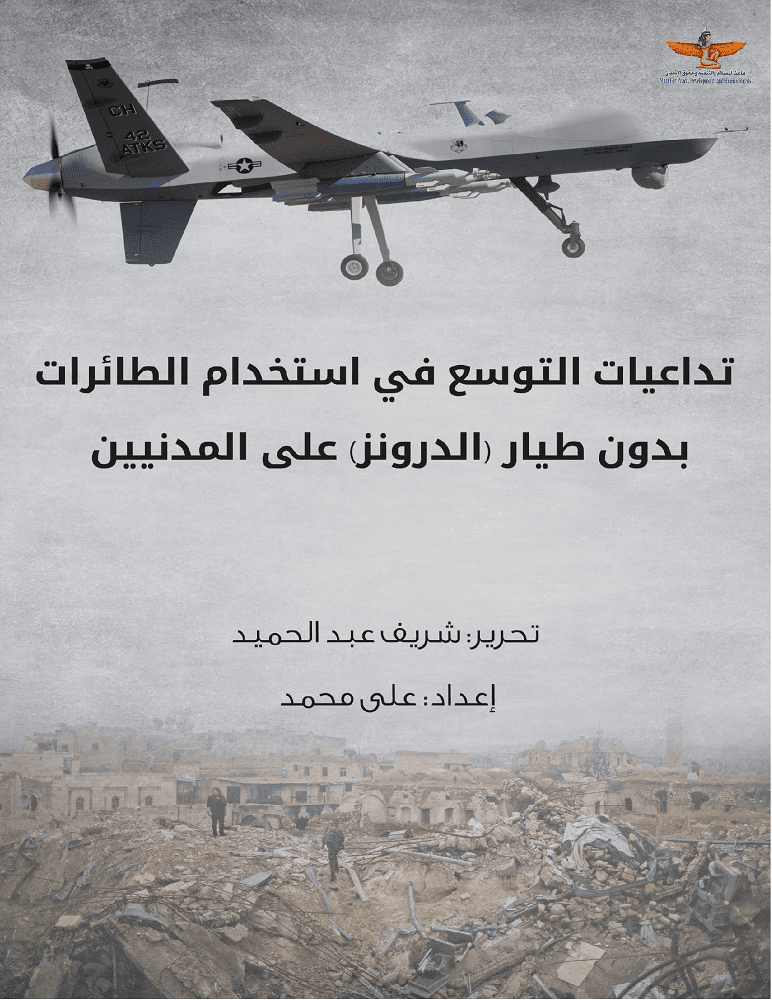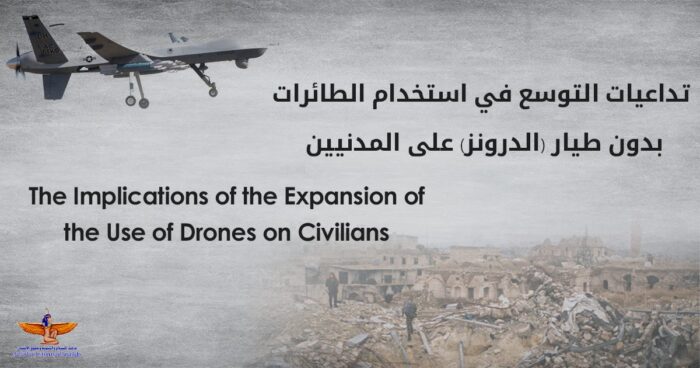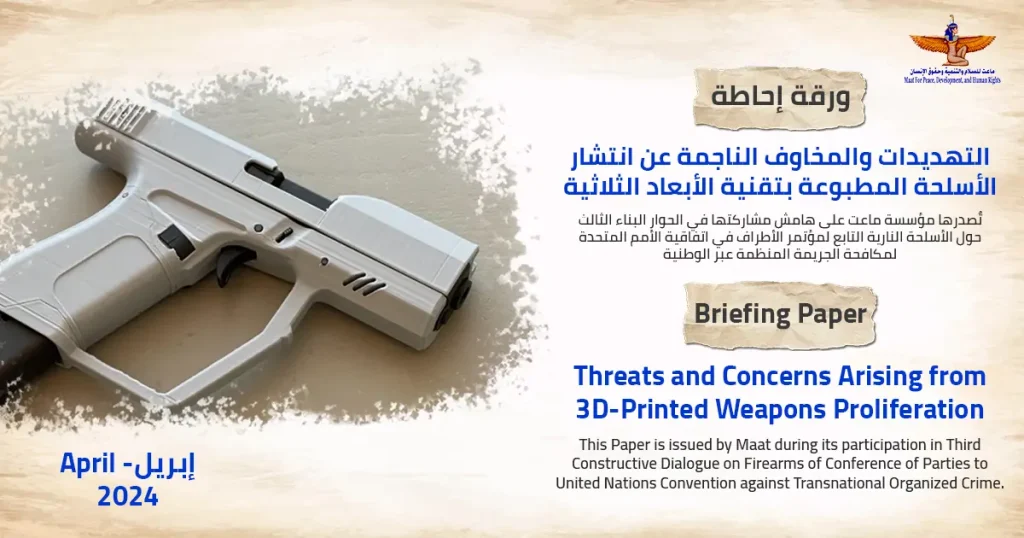Okeil: More than 5,000 civilians have been victims of drones in the last three years
Okeil: More than 5,000 civilians have been victims of drones in the last three years
Maat for Peace, Development and Human Rights issued a report entitled "The Implications of the Expansion of the Use of Drones on Civilians", which emphasized that the accelerated use of drones causes serious human rights violations, and jeopardizes the lives of civilians, specifically those who remain targets to the strikes of these remotely programmed aircraft. It is clear that these emerging technologies are used within the strategies of non-state actors and armed groups, in addition to the traditional states and national armies that use them in the context of combating terrorism. All of these actors have begun to rely on a new weapon that was not widely spread in the past two decades. This weapon was used in areas of armed conflict or against groups that pose a threat to the security of states. But this increased use of drones has had a disastrous impact on human rights and, in particular, on the civilian population.
The report drew attention to the dangers of using these technologies on the right to life and other basic human rights, especially if armed and terrorist groups persisted in relying on these planes. The report does not address unarmed drones that are used for civilian and humanitarian purposes, but it specifically aims to focus on armed drones and their severe impact on human rights, especially the civilian population in areas of armed conflict, including children, the elderly and people with disabilities. When drones attack military targets, they may have a parallel impact on civilians. The fragmented fragments of weapons loaded with these drones may affect civilians and civilian objects, especially in areas of conflict. This happened in Syria and Yemen in more than one incident in the past two years. The report focused on the possession of these weapons by states and non-state actors such as the Houthis in Yemen and terrorists, which undermine the rights of civilians.
Ayman Okeil, an international human rights expert and president of Maat, said that the accelerated use of drones in Iraq, Yemen and Syria, amidst the absence of clear prohibition of armed drones in the rules of war included in international humanitarian law, as drones are not mentioned in arms treaties or in the rules of international law, including international human rights law, as well as the absence of a legal framework regulating the work of these aircraft has serious consequences on the rights of civilians, who are the first victim of these attacks carried out by drones, which have killed more than 5,000 civilians in the past three years in Yemen, Syria and other African countries, including Somalia. Most of these victims are women, children and the elderly.
Okeil added that the expansion of some countries, such as Turkey, in modernizing its arsenal of these planes, has led to growing violations of human rights, especially with regard to targeting civilians. The human rights expert explained that Turkey alone is responsible for the killing of over 700 civilians due to the use of drones, mostly in Libya and Syria, in addition to the operations carried out by these drones in Turkey, against the forces of the Kurdistan Workers’ Party
For his part, Sherif Abdul-Hamid, director of the Research and Studies Unit at Maat, said that there are approximately 102 member states of the United Nations acquiring drone technology until the beginning of 2020, and 40 countries own armed drones or intend to purchase them. Israel, in addition to the United States of America, Canada and China, is one of the largest producers and exporters of drones. Abdul-Hamid added that recently other countries in the Middle East have acquired these drones, and they are selling them heavily, such as Iran and Turkey, and are using them to empower non-state actors allied with them and militias. Armed forces, which sometimes contributed to undermining the stability of traditional national armies. The unprecedented popularity of drones had a severe impact on the violation of human rights, especially the violation of the rights of civilians.
Abdul-Hamid revealed that Iran and Hezbollah in Lebanon supported the Houthi militia with drones to attack the internationally recognized government forces in Yemen and to threaten the security of neighboring countries such as Saudi Arabia. The number of civilian casualties and injuries who died in Yemen due to attacks carried out by Houthi drones is estimated to be approximately 3,000 people, including women and children.
 |











